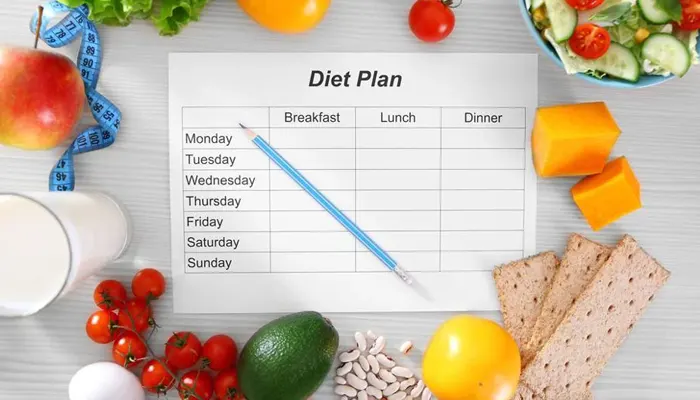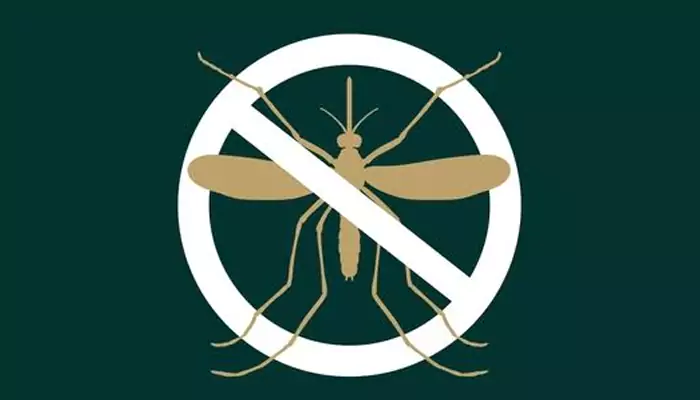Can brushing after breakfast be more beneficial for your oral health?
- Rinks
- 1 year ago
- 3 minutes read

Explore whether brushing your teeth after breakfast offers more benefits for your oral health compared to the traditional pre-breakfast routine.
Maintaining oral hygiene is essential for overall health, and brushing our teeth is the cornerstone of this practice. While most people are accustomed to brushing their teeth as soon as they wake up, a growing body of research suggests that brushing after breakfast might offer more significant benefits. This article delves into the advantages and disadvantages of brushing your teeth after breakfast and explores whether this timing could be more beneficial for your oral health. Read on!
The role of brushing in oral health
The American Dental Association (ADA) recommends brushing twice daily with fluoride toothpaste. Morning brushing is particularly important because it removes the plaque that builds up overnight and helps to freshen your breath. However, the timing of morning brushing—whether to brush before or after breakfast—can influence its effectiveness. Each approach has distinct implications for your oral health, depending on your dietary habits and personal oral hygiene needs.
Brushing before breakfast

Brushing your teeth before breakfast is a routine that many follow almost instinctively. This practice has several notable benefits. First, it helps to remove the plaque and bacteria that accumulate in the mouth during sleep. Overnight, your mouth produces less saliva, creating an environment where bacteria can thrive. Brushing as soon as you wake up removes these bacteria, reducing the risk of them being ingested with your first meal.
Additionally, brushing before breakfast ensures that your teeth are coated with fluoride from your toothpaste. This fluoride layer can protect your teeth from acids in food and beverages during breakfast. Fluoride strengthens tooth enamel and makes it more resistant to decay caused by acidic foods and sugary drinks. Brushing before eating can also eliminate morning breath, providing a fresh start to your day.
Brushing after breakfast
Brushing after breakfast is a practice that is gaining attention for its potential oral health benefits. One of the primary advantages is that it directly removes food particles and bacteria introduced during the meal. By brushing after eating, you can clean your teeth of any sugars, acids, and remnants from breakfast, which can otherwise linger and contribute to plaque formation and tooth decay.
This approach also allows you to eliminate the immediate effects of acidic foods and beverages. If you wait about 30 minutes after eating before brushing, you give your saliva time to neutralise the acids in your mouth and harden your enamel. This timing is crucial because it reduces the risk of enamel erosion that can occur if you brush immediately after consuming acidic substances.
Finding the right balance
Ultimately, whether you choose to brush before or after breakfast depends on your personal preferences, dietary habits, and oral health needs. Both methods have their pros and cons, and the best approach might vary for each individual. For those who prefer brushing before breakfast, it may be beneficial to rinse your mouth with water after eating to wash away any remaining food particles and acids. For those who opt to brush after breakfast, waiting at least 30 minutes can help protect your enamel from erosion.
Brushing your teeth is essential for maintaining oral health, but the timing of your morning brushing routine can influence its effectiveness. By considering your personal habits and seeking advice from dental professionals, you can find the best approach to keep your teeth and gums healthy and vibrant.












